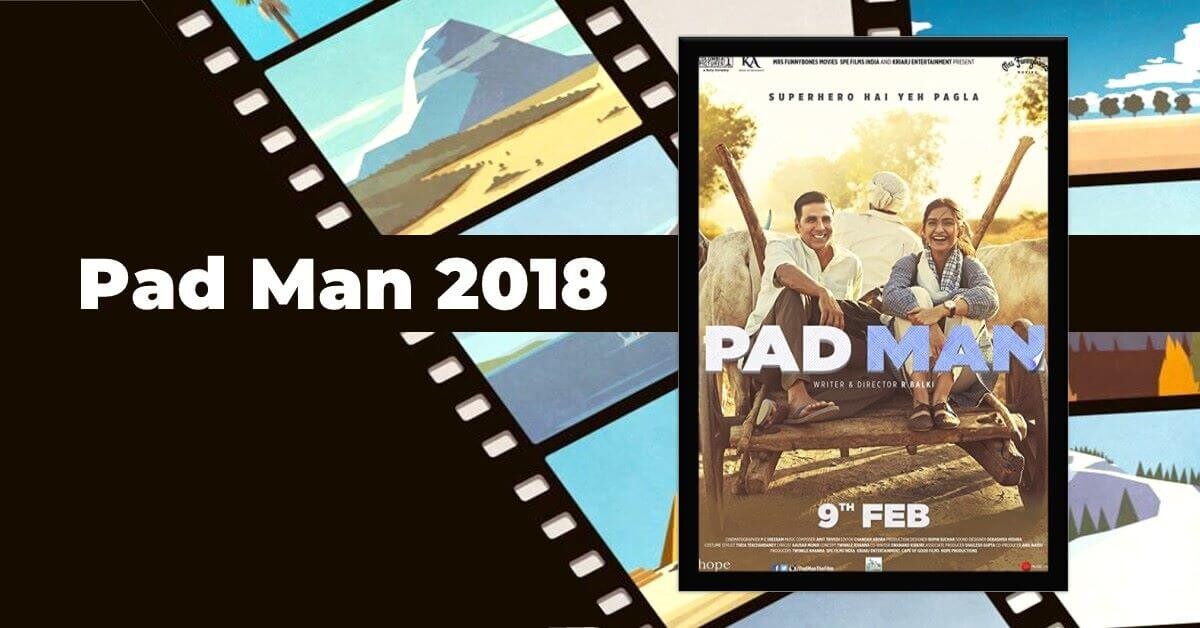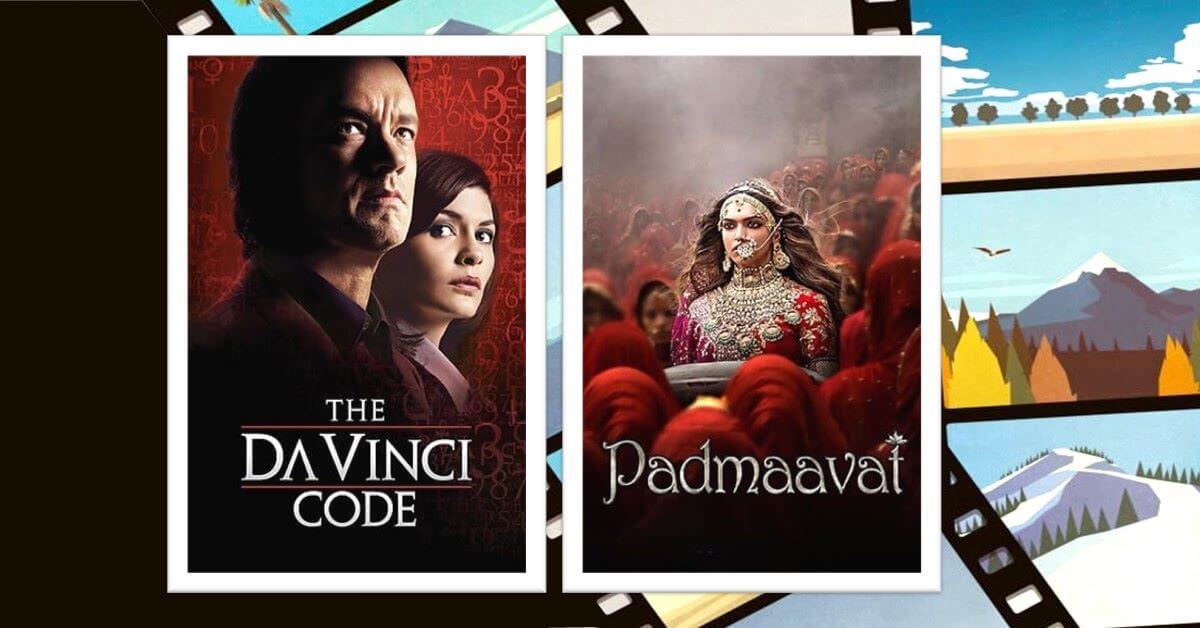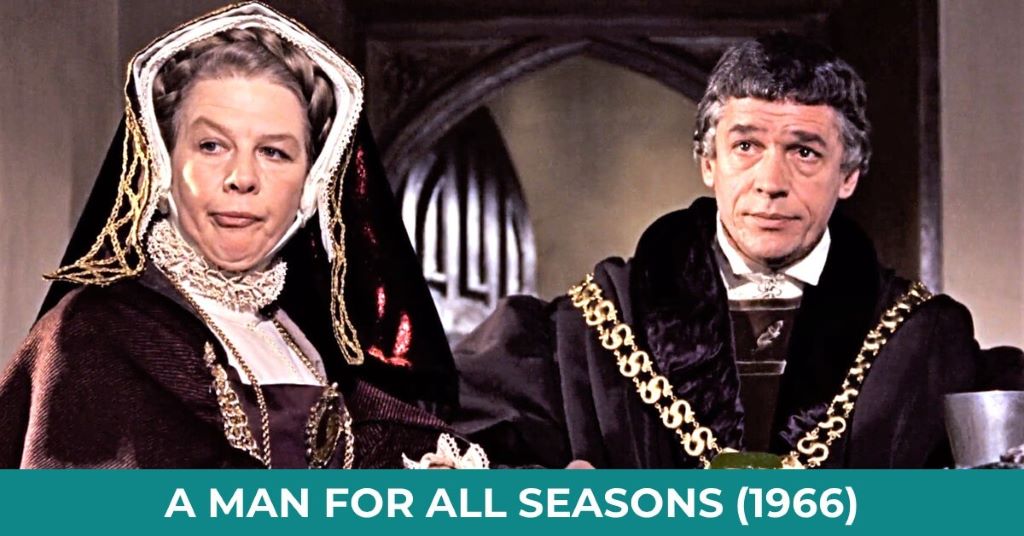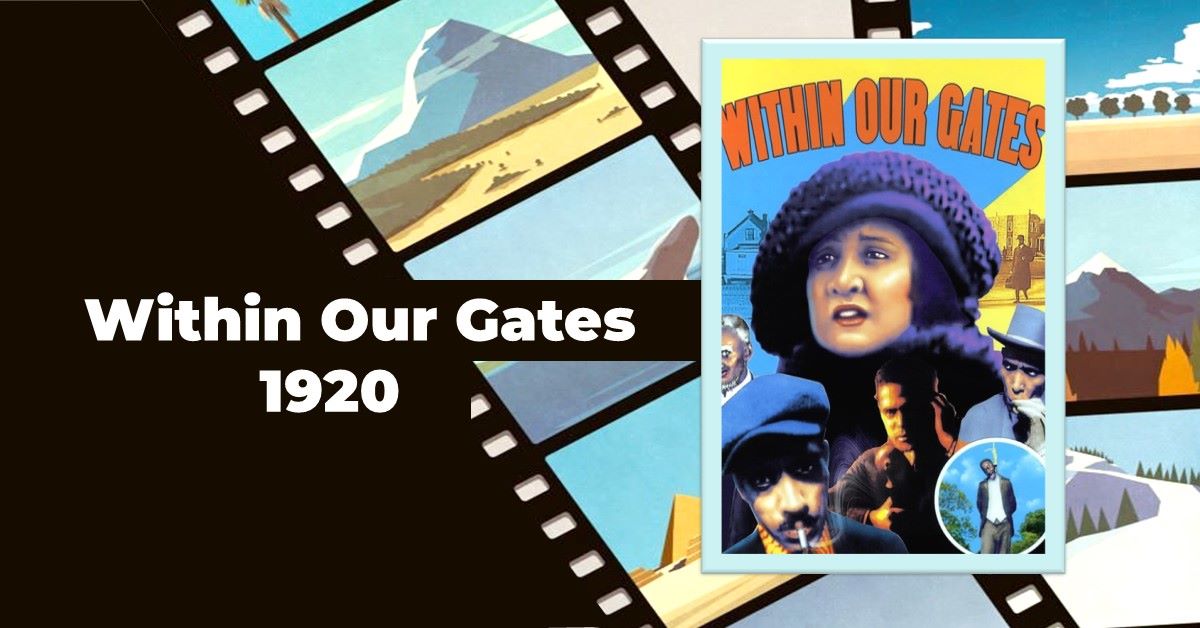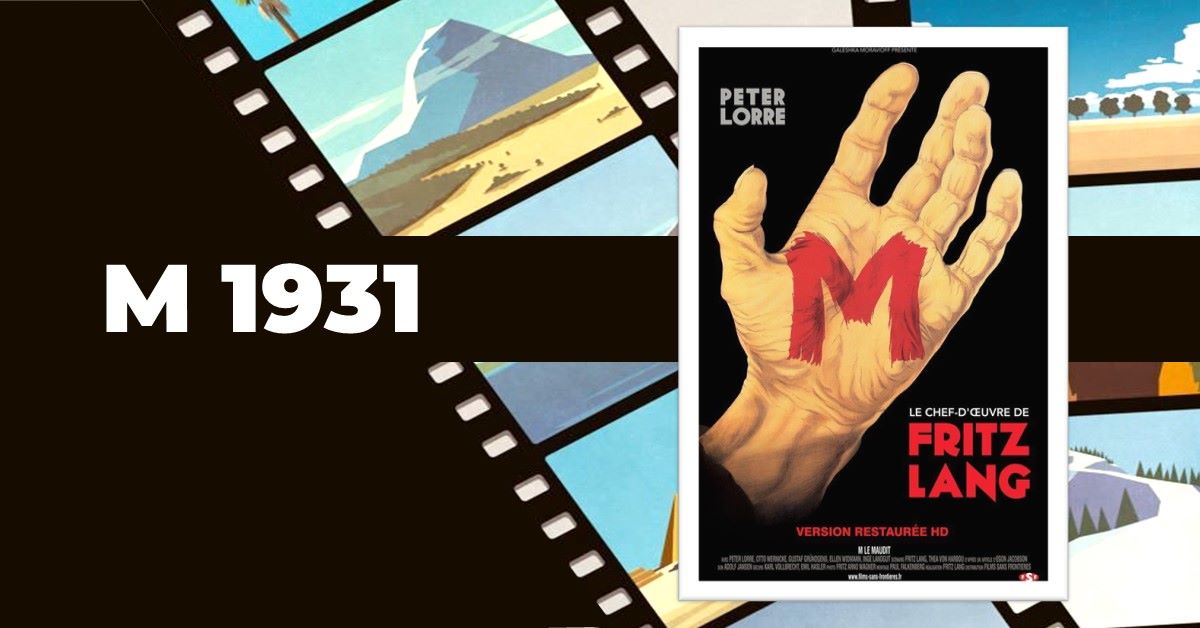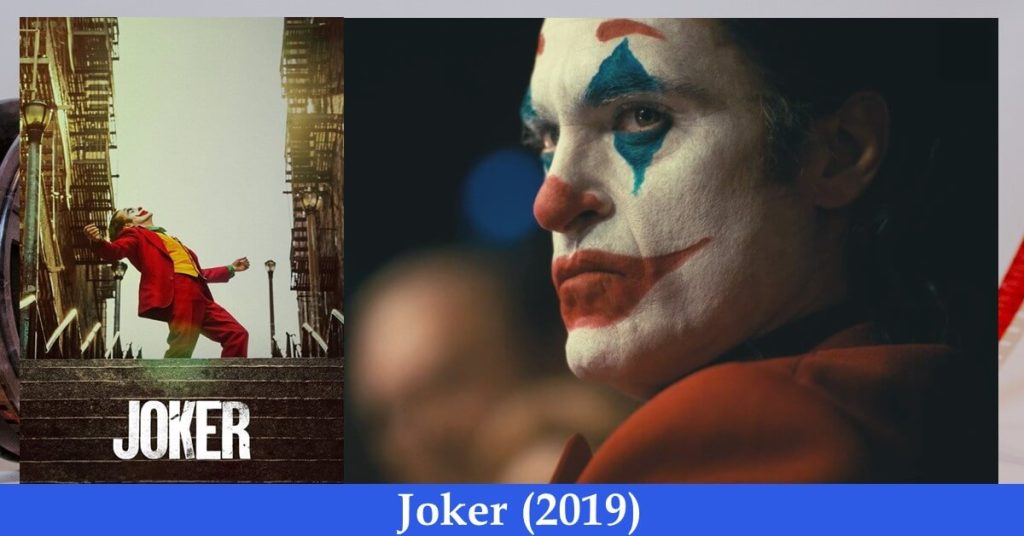There are some stories that stay with you long after you’ve turned the last page or watched the final scene. The Notebook, both Nicholas Sparks’ novel and its cinematic adaptation, is one such story. It is one of the 101 best must-watch films on my list.
From the first time I encountered this deeply moving narrative, I knew I would carry it with me. The tale of Noah and Allie, two people bound by love, time, and circumstance, resonated with me on a personal level, making me reflect not just on the nature of romantic love, but also on the complexity of memory and identity.
Through its heartbreaking portrayal of devotion, The Notebook reminds us that while love can often be messy, complicated, and painful, it is also the most powerful force that binds us across time.
As I delved deeper into the story, I couldn’t help but think about how Noah’s unwavering dedication to Allie mirrored the type of love we all long for—one that endures the trials of life. There’s a scene where Noah reads their shared history to Allie, who suffers from dementia, bringing her back to the present moment, even if just for a fleeting five minutes. This act of reading their story from the notebook struck a chord within me.
The way memory can tether us to our past, or how its loss can make us feel adrift, is something I have experienced in my own life with aging family members. Noah’s commitment to reconnect with Allie, despite her illness, is an allegory for love’s timeless strength—a beacon through the fog of forgetfulness and fading time.
Storyline
The Notebook tells the timeless love story of Noah Calhoun (played by Ryan Gosling) and Allie Hamilton (played by Rachel McAdams, two people from different worlds who fall in love during the summer of 1940 in the small town of Seabrook, South Carolina.
Noah, a poor but passionate young man, meets Allie, a wealthy girl, at a carnival. Despite their different social classes, Noah and Allie begin an intense, whirlwind romance. Noah introduces Allie to a life of simplicity and freedom, far from the societal expectations she’s used to. They dream of a future together, even imagining restoring an old, dilapidated house that Noah promises to turn into their dream home.
However, Allie’s parents disapprove of the relationship due to Noah’s lack of wealth and status.
When the summer comes to an end, Allie’s family abruptly moves away, and she is forced to leave Noah behind. Heartbroken, Noah writes her 365 letters—one for every day of the year—but Allie’s mother intercepts them, ensuring that Allie never receives any of them. Eventually, Noah stops writing, believing that Allie has moved on.
Years pass, and Noah enlists in the army, serving in World War II. Meanwhile, Allie becomes a nurse for wounded soldiers and meets Lon Hammond, a wealthy and charming young lawyer. They become engaged, and Allie’s parents are thrilled with her match.
However, fate brings Noah and Allie’s paths together once again. After returning from the war, Noah buys and restores the old house he once promised to Allie. When Allie sees a newspaper article about Noah and the house, all her old feelings come rushing back.
Torn between her loyalty to Lon and her rekindled love for Noah, Allie returns to Seabrook to see Noah. The two reconnect, and their passion is reignited. Noah tells Allie about the letters he wrote, and they realize that her mother had kept them apart. As they spend more time together, Allie is faced with a difficult choice: return to her life with Lon, or follow her heart and stay with Noah.
The story is framed by a present-day narrative in which an elderly man, Noah, reads from a notebook to his wife, Allie, who suffers from dementia.
The notebook contains the story of their love, which Noah reads to help Allie remember their life together. For brief moments, Allie regains her memory and recognizes Noah, only to lose it again soon after. Despite her condition, Noah remains devoted to Allie, reading to her every day.
In the end, as their health declines, Noah and Allie pass away peacefully in each other’s arms. Their love story, though marked by hardship and separation, ultimately endures the test of time. The Notebook is a deeply emotional tale about the power of love, memory, and the choices we make in life.
The Heart of the Story: Romance, Class, and Choice
The heart of The Notebook revolves around the romance between Noah Calhoun and Allie Hamilton, two young lovers who meet one summer in Seabrook, South Carolina. Their love, however, is not just a product of shared moments and passionate encounters, but also a battle against societal expectations.
Allie comes from wealth and privilege, while Noah is a simple man of humble origins. Their love story is framed by their struggle to stay together despite the disapproval of Allie’s parents. What touched me most about this class divide was how relatable it felt. In many ways, The Notebook is about the choices we make when the world tells us we shouldn’t. As Allie’s mother, Anne, later confesses, “I loved someone too, once. He was poor and I was rich,” showing how we all carry with us the ghosts of what could have been.
The choices presented to Allie mirror what so many of us face in life: Do we follow our heart, risking everything for love, or do we listen to the voices of reason and practicality?
Allie’s eventual decision to return to Noah, even after having built a seemingly perfect life with her fiancé Lon, is a moment of clarity that many of us search for. The line “It wasn’t over, it still isn’t over!” uttered by Noah when they reunite, perfectly encapsulates the relentless persistence of love—a love that refuses to be stifled by time, distance, or societal expectations.
Memory as a Metaphor for Love
What sets The Notebook apart from other love stories is the framing device that Sparks employs—the story being read by an elderly Noah to Allie, who is now suffering from dementia.
This device is not just a clever narrative tool but a profound metaphor for the nature of love and memory. As Noah reads to Allie, we see how their shared history is the key to unlocking moments of recognition for her, even as her disease takes its toll. The line, “I am no one special, just a common man with common thoughts,” spoken by Noah, holds so much weight in this context. It is a reminder that love, even in its most ordinary forms, is extraordinary in its capacity to endure through the ravages of time and illness.
This element of memory also made me reflect on the fragility of our identities. Who are we without our memories?
For Allie, the memories of her life with Noah become fleeting glimpses of the person she used to be. As she slips further into her illness, the moments where she recognizes Noah are both beautiful and tragic.
It’s a poignant reminder that while love might not always be enough to save us from the inevitable, it can offer moments of grace and connection that defy the odds.
In my own life, I’ve witnessed how memory can be both a gift and a curse. I have experienced how lovely feelings of love can be destructive and empowering, redeeming and meaningful to existence.
Watching someone you love slowly lose their connection to the world around them is one of the most painful experiences, but The Notebook reminds us that even in those moments of loss, love remains.
It may not look like the love we once knew, but it exists in the acts of care, patience, and devotion that bind us to each other.
Timeless Love, Fleeting Life
If there is one lesson that The Notebook teaches us, it is that love, in its truest form, transcends the physical realm. Nicholas Sparks’ words, “The best love is the kind that awakens the soul; that makes us reach for more, that plants the fire in our hearts and brings peace to our minds,” resonate deeply with the core of the story.
Noah and Allie’s love is not defined by grand gestures but by the quiet moments of dedication—the years Noah spends restoring the house for Allie, the letters he writes daily despite receiving no reply, and the notebook he uses to bring her back to him each day.
Though their time together may have been brief in the grand scheme of things, the impact of their love echoes throughout their lives and beyond. I feel as if there is no as great feeling as getting someone for whom you feel love and get to love and be loved.
And that, perhaps, is the greatest takeaway from The Notebook. Our lives are fleeting, but love—true, selfless, unwavering love—leaves an indelible mark on those who are fortunate enough to experience it.
Quotes from The Notebook
1. “It wasn’t over, it still isn’t over”! – This line is spoken by Noah when he reunites with Allie after years of separation, encapsulating the relentless nature of their love and the unfinished business between them.
2. “The best love is the kind that awakens the soul; that makes us reach for more, that plants the fire in our hearts and brings peace to our minds.”
3. “I am no one special, just a common man with common thoughts. I’ve led a common life. There are no monuments dedicated to me and my name will soon be forgotten, but I’ve loved another with all my heart and soul, and to me, this has always been enough.” –Noah
5. “You are, and always have been, my dream.”

